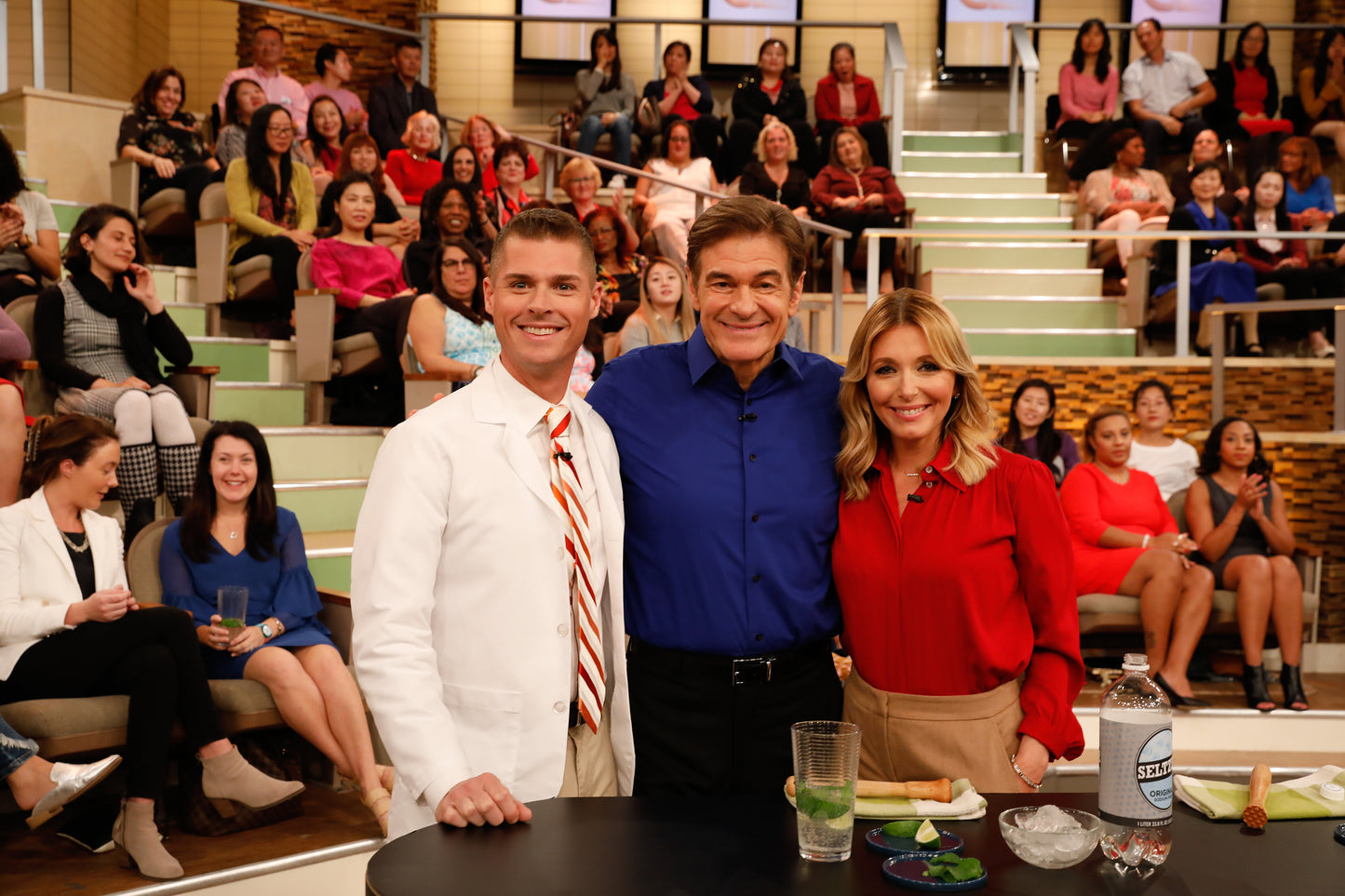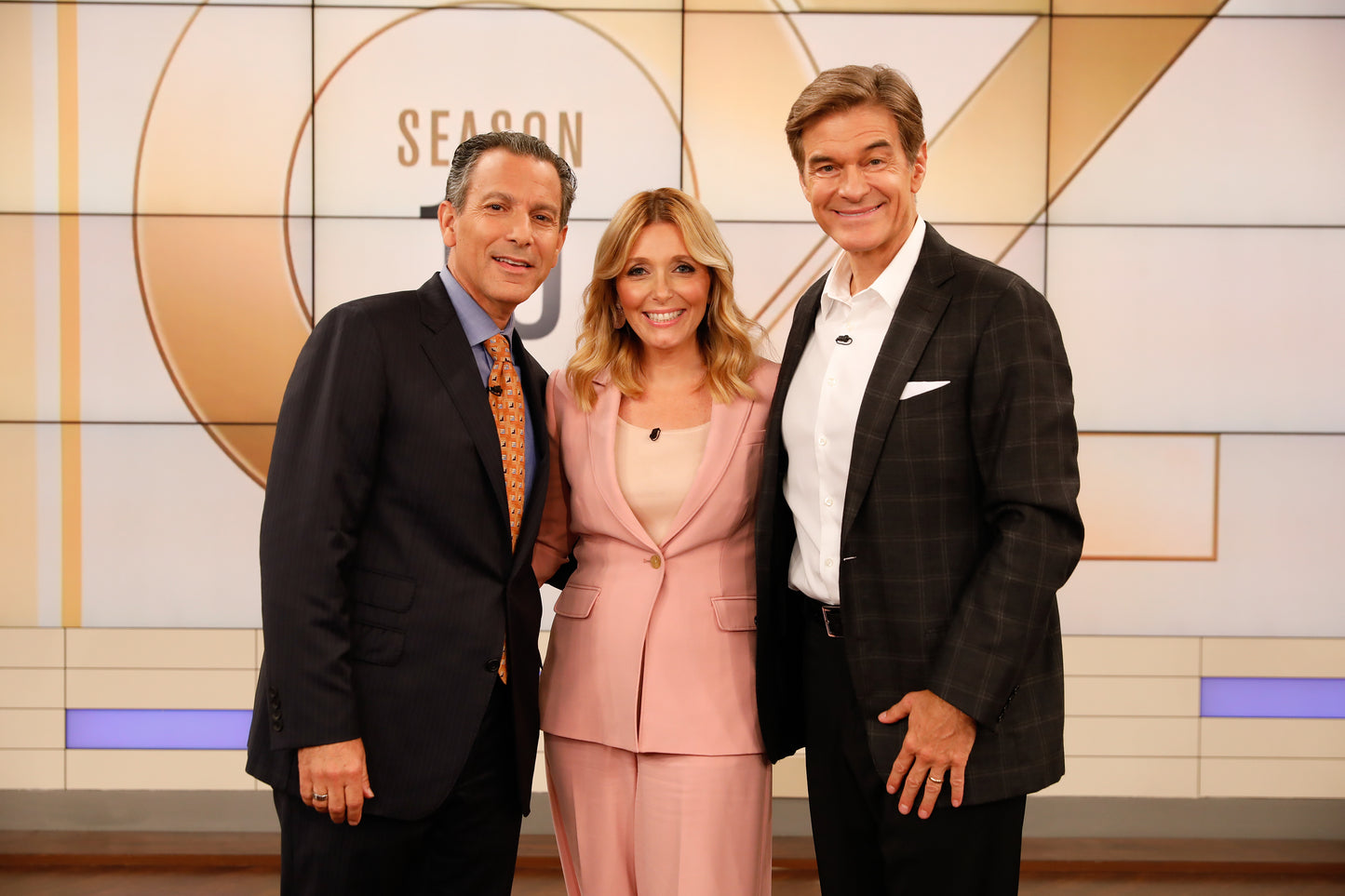
Can Zero Calorie Beverages Cause Weight Gain?
We all want to be slimmer and healthier, right? That’s why millions of us are switching from sugary sodas to zero calorie beverages that seem to offer all the rewards of those sugary sodas without the price.
The question is...Does “zero calorie” REALLY mean “zero risk”?
Sadly, the answer is a big NO. In fact, it looks like these drinks can sabotage your health AND put pounds on you. And here’s why. Recently, a group of scientists dug up every study they could find on the effects of artificial sweeteners like aspartame and sucralose—the chemicals that make zero-calorie drinks sweet. Pooling the data to do what we call a meta-study, they discovered that these sweeteners cause weight GAIN—not weight loss. What’s more, the results show that they’re culprits in high blood pressure, metabolic syndrome, type 2 diabetes, and cardiovascular problems. Are you wondering how a food with no calories can put pounds on your belly? Well, scientists don’t know yet, but they have some good guesses.
- One theory is that the sweeteners mess with your gut microbiome and change how it metabolizes sugar. Research shows that after just FOUR DAYS of adding sugar substitutes to their diet, about half of people have higher blood sugar levels. It looks like this happens because artificial sweeteners boost your levels of gut bugs that hoard energy and lower the levels of microbes that help keep you slim.
- Another theory is that when you feed your body a steady stream of artificial sweeteners, it “confuses” your brain and makes you crave sweet foods more. It turns out there’s an area in your brain’s reward centers that calculates the sweetness and amount of energy in your food. When this area detects sweetness but no energy, it recalculates—sort of like your GPS—and tells you to eat more calories.
- Finally, there’s basic psychology in play here. If I think I’m being noble by drinking a zero-calorie beverage instead of a high-calorie soda or coffee drink, then I’m more likely to reach for a donut later on. It’s just human nature.
Now, let’s take a look at what else is in these zero calorie beverages. It’s not just artificial sweeteners. I took a run through the grocery store shelves, and here are some of the most disturbing ingredients I spotted:
Red Dye #40: linked to hyperactivity in kids
Yellow Dye #5: can cause serious hypersensitive reactions
Potassium Benzoate: can form toxic benzene, a chemical linked to cancer, when it’s combined with Vitamin C
Then there are drinks with labels that list “natural flavorings”.
Now, think about this: Manufacturers are up-front about the good ingredients they use. So what are they hiding when they use this phrase? The answer is that these “natural flavorings” are concocted from chemicals in laboratories just like synthetic ingredients are. The only difference is that the chemicals in natural ingredients come from plants or animals. For instance, that strawberry flavor in your clear drink probably doesn’t come from strawberries, but from certain chemicals found in strawberries that are “enhanced” in a laboratory.
Why is that a problem?
Because high-powered natural flavorings can give you a big burst of flavor that makes you want more and more—so you’re going to keep reaching for those clear drinks, and getting hit after hit of all those artificial sweeteners and colors. Enhanced flavorings can also retrain your taste buds to want a more powerful flavor hit than natural foods give you—so again, you’re going to reach for that strawberry-flavored drink instead of real strawberries. And that’s going to put pounds on your belly and cheat you out of the nutrients you need.
So, the next time you're reaching for those Zero Calorie Beverages, try making your own infused water instead. Simply muddle your favorite fruits and vegetables in a glass and add water for a delicious, healthy, and refreshing flavored drink that your taste buds will love.
Keep thinking Big and living BOLD!







